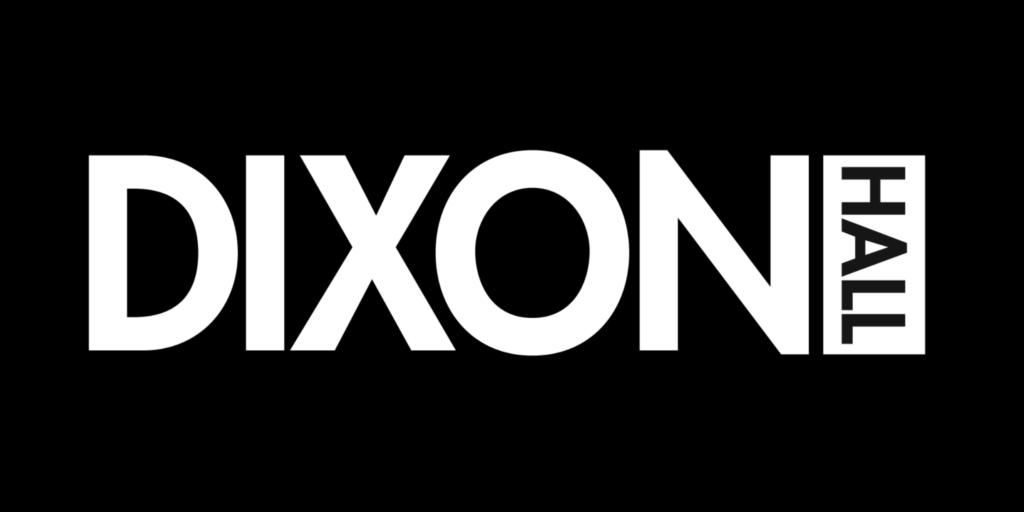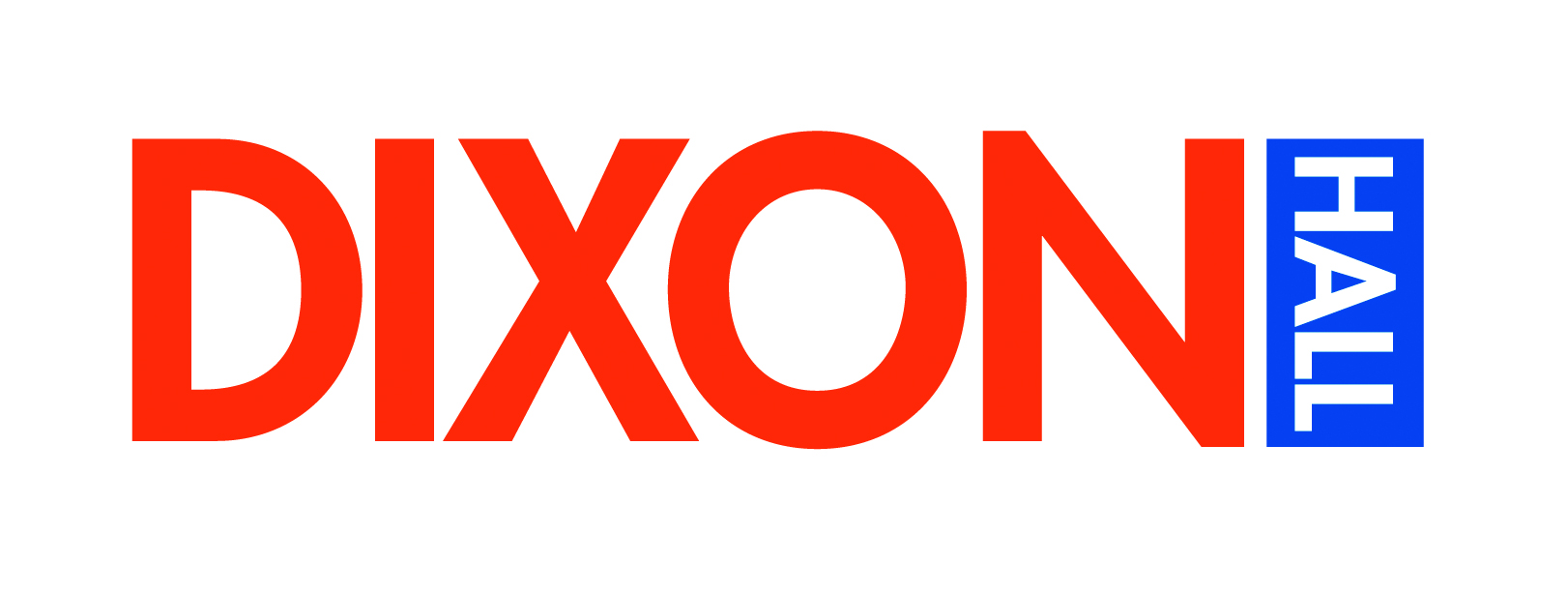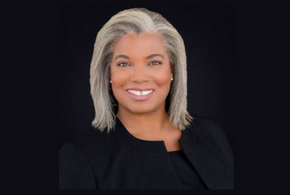
June 2, 2020
Don’t Just Stand There
Many years ago, I had the privilege of completing my Master’s degree in conflict analysis and management with some of the world’s leading practitioners in this field. My professors worked in South Africa during Apartheid with Nelson Mandela and Bishop Desmond Tutu; in South America to assist with the mining unrest; and throughout the world in conflict zones on peacebuilding and national security. Others worked in community settings, creating engagement, working on collaborative problem solving and designing workplace solutions for complex and ambiguous situations.
At the time, I was unable to articulate how important I knew this learning was going to be in my life, and why I was so interested in conflict resolution. How could I? Today, there is no need to explain it.
Today, as I am still trying to process what has taken place since the senseless killing of George Floyd in Powderhorn, Minnesota on May 25, 2020, I am grappling with where that knowledge takes me, and the responsibility I have to make use of it. Every single word and lecture, every story that helped to solidify the theories I was trying to make practical for later use are relevant and critical today.
At Dixon Hall, we have been learning over the past 11 weeks that we are prepared to dismiss what we think we know about other people’s lives; that there is no normal; and that inaction at a time of crisis will change nothing. Every level of the agency has demonstrated a willingness to follow one of the critical tenets of our agency’s values:
Accountability – we are responsible for our actions, and inactions.
All of society’s systems are interconnected. The moment we think what is happening in the United States can never happen here in Canada, is the moment we have failed to seize the opportunities we have right now. We need to take a closer look as a country, province and community, at all of our systems, and make bold, impactful changes, so things don’t unfold in the same way here as they have in the United States (and elsewhere).
I think the points below, offered to me by my professors, are worth sharing at this time:
-
- Dismiss what you think you know about someone else’s life. Even better, reconsider what you believe “normal” to be. You know nothing until someone tells you, and asking them is a privilege which comes with a responsibility to listen until you understand.
- As soon as you ask a question, you are part of the “situation”. You cannot be half in or half out.
- Every question comes with a responsibility, which increases in proportion to the amount of information you gather.
- It takes more than one person in the system to solve the problem; and when critical mass is achieved, only then, will the right solution come – piece by one small, minute piece at a time.
- Change takes time – we all know this, but in order for it to happen we actually have to commit to it, be patient with it and have the internal fortitude not to go back to what came before, because I promise you that is the easy answer to many problems. Letting someone else do the hard work and staying comfortable in your safe place is infinitely easier.
- Consider the type of power we use to bring about change – “power with” rather than “power over” the person or system.[1]
Until we get through the ugliness of figuring out why we keep failing so many people who need our help, our support and our care – those who are most vulnerable in our communities – we’ll never get to the easy part of knowing we took the right action. If everyone, everywhere was prepared to protest in the streets until our social systems changed, and equality wasn’t just a sexy topic for thesis papers, we wouldn’t feel the way I’m hoping many of us are feeling right now.
Don’t just stand there: be like all of the agencies that I have worked closely with for the past 11 weeks; be like my staff here at Dixon Hall who have been working tirelessly, even at the risk of their own health; be like my board members who even while trying to manage their own jobs and personal lives are checking in on our Dixon Hall staff teams. Roll up your sleeves, yell, write a letter, get involved, take action – DO SOMETHING MEANINGFUL, NOW.
By Mercedes Watson, CEO
_________________



